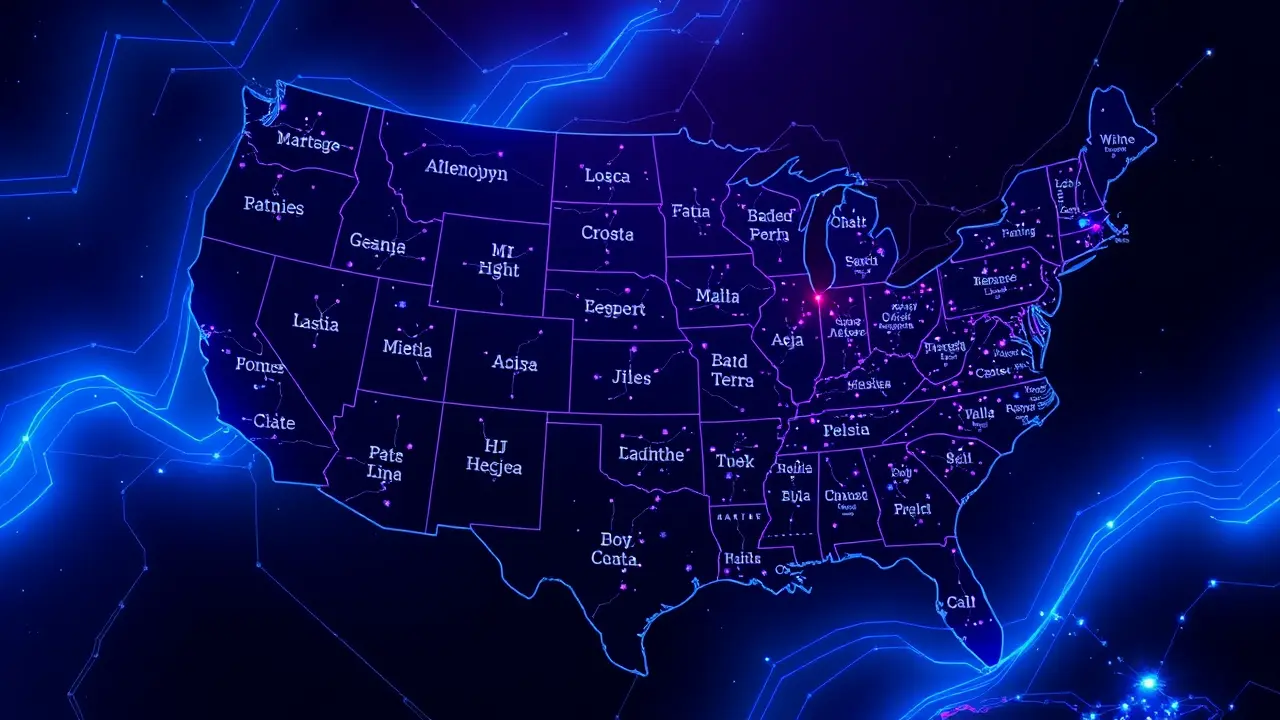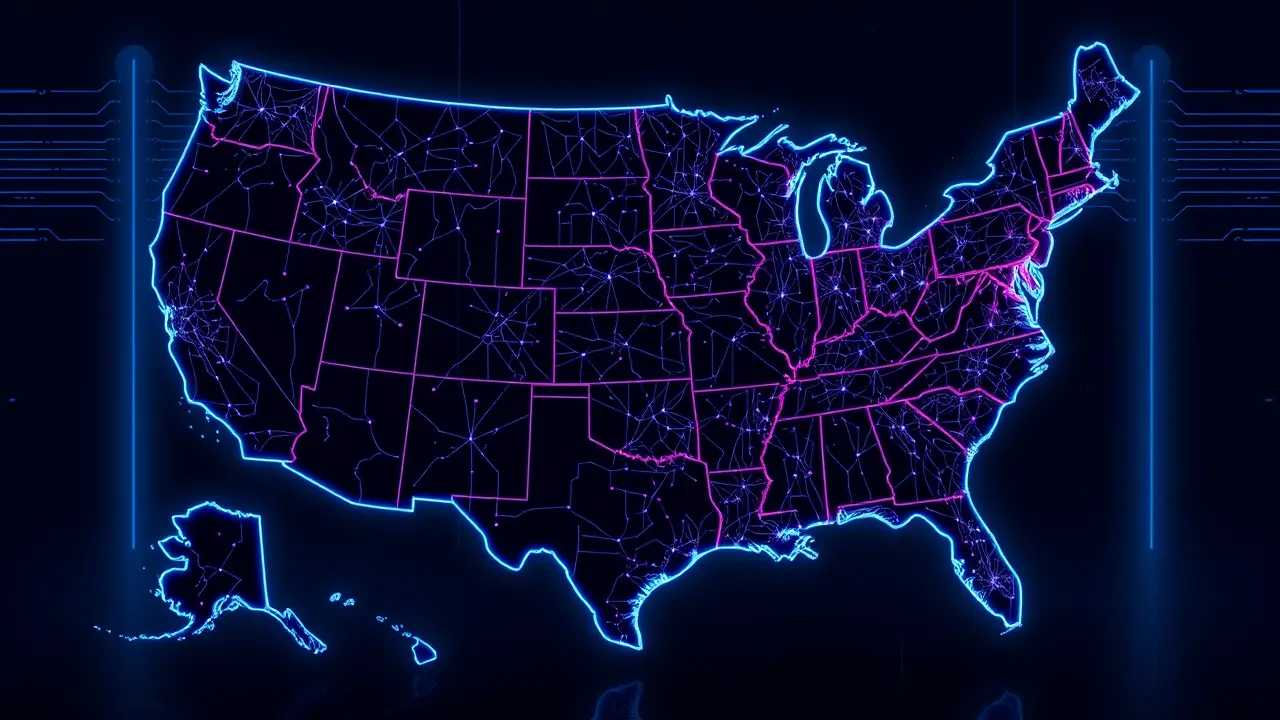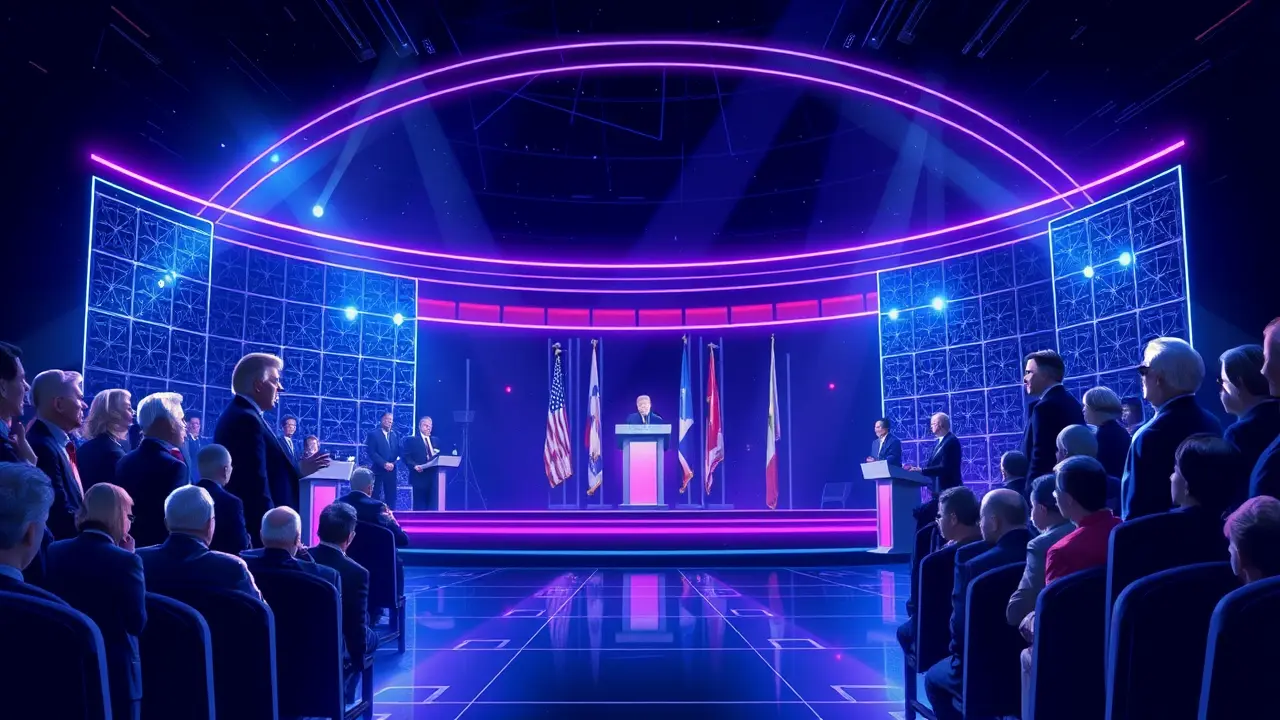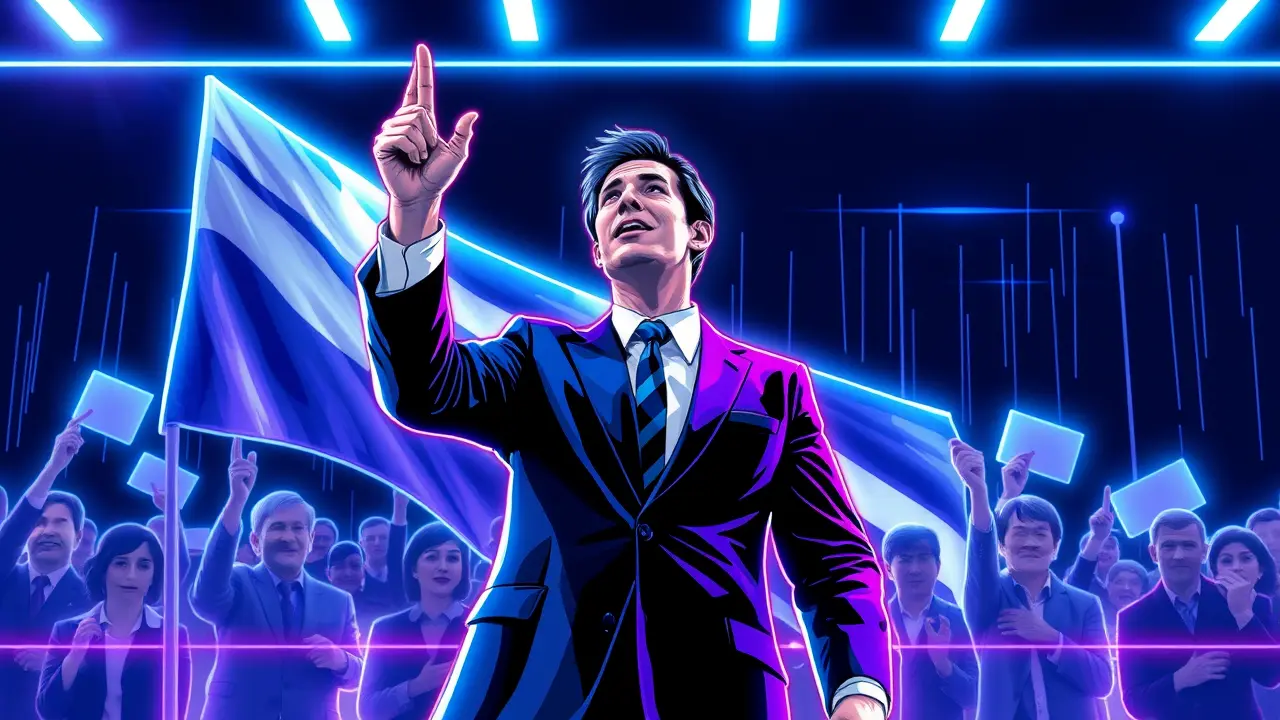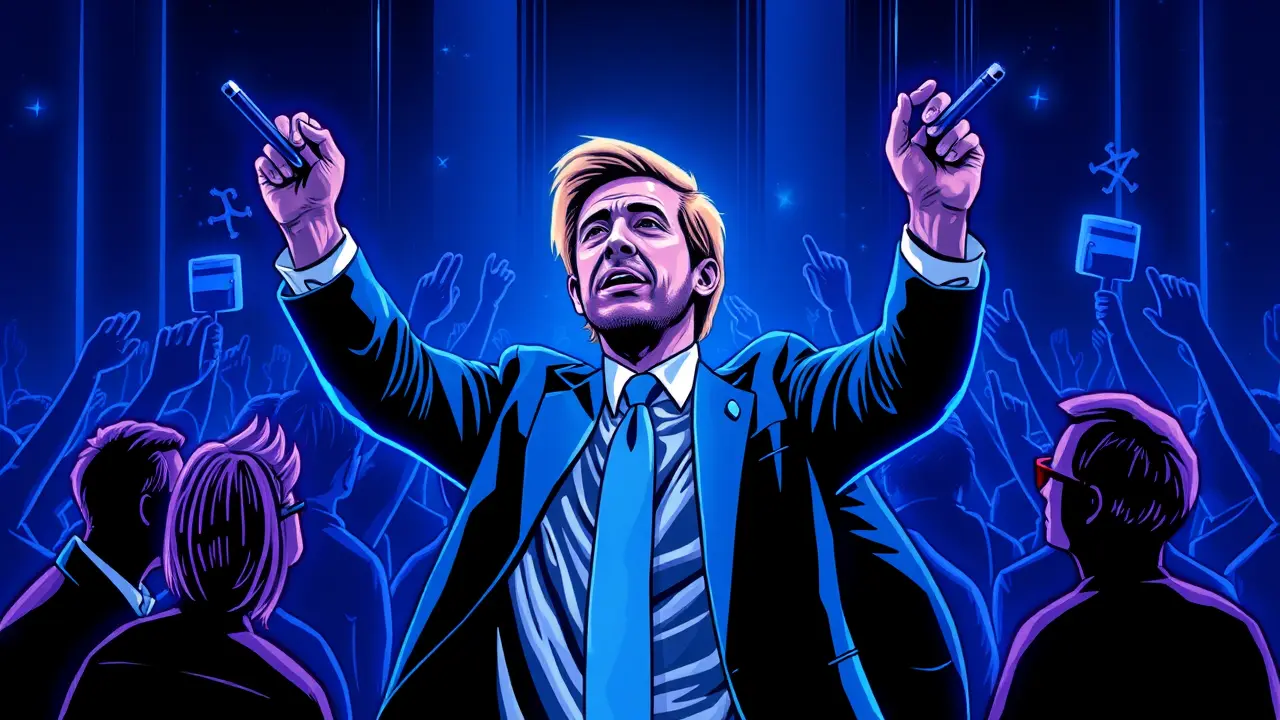
PoliticselectionsPresidential Elections
Zohran Mamdani's Historic Victory Reshapes New York Politics.
MA
Mark Johnson
5 hours ago7 min read4 comments
The political landscape of New York City has been fundamentally reshaped by Zohran Mamdani's stunning mayoral victory, a triumph that didn't just defeat opponents but demolished conventional political wisdom. On Tuesday night, as confetti rained down at the Brooklyn Paramount Theater, Mamdani achieved what political operatives had deemed impossible months earlier—decisively beating both disgraced former Governor Andrew Cuomo and Guardian Angels founder Curtis Sliwa to become the first Muslim and South Asian mayor in the city's 400-year history.This wasn't merely an election; it was a political earthquake with aftershocks that will reverberate through Democratic politics for years to come. Mamdani's campaign operated like a perfectly calibrated machine, combining digital savvy with old-school grassroots organizing in a way that future candidates will study for decades.His team expertly leveraged social media to build name recognition outside traditional channels while deploying thousands of volunteers in a field operation that turned out voters in neighborhoods most campaigns ignore. The result was a coalition that blended progressive activists with previously disengaged young voters, creating a new political force that overwhelmed Cuomo's attempt to reassemble the Democratic establishment.What makes Mamdani's victory particularly remarkable is how he transformed potential liabilities into strengths. Cuomo's campaign, in its desperate final weeks, unleashed a wave of Islamophobic attacks that echoed Donald Trump's playbook, attempting to paint Mamdani as an outsider who didn't represent New York values.Rather than retreating, Mamdani's team doubled down on his identity, framing the election as a choice between the city's diverse future and its divisive past. The strategy proved brilliant—exit polls showed Cuomo's attacks backfired spectacularly, driving higher turnout among young voters and communities of color who saw the former governor's tactics as an insult to the city itself.The demographic shifts underlying this victory have been years in the making. Muslim and South Asian communities have grown into powerful political forces in New York, particularly in Queens and Brooklyn, but had never seen one of their own reach the city's highest office.Mamdani's campaign didn't just mobilize these communities—it inspired them, creating a sense of historic possibility that translated into unprecedented volunteer energy and voter turnout. Meanwhile, his surprising gains in traditionally Cuomo-friendly areas like the Bronx demonstrated that racial and ethnic coalitions are far more fluid than conventional political wisdom assumes.Mamdani's victory represents the full flowering of the political revolution Bernie Sanders first envisioned—proof that a democratic socialist can not only win a primary but can assemble a winning coalition in a general election. His platform of free buses, universal childcare, and rent freezes resonated deeply in a city grappling with affordability crises, but what ultimately sealed his victory was his authenticity at a time when voters are desperate for politicians who actually believe what they say.While Cuomo seemed to be running a campaign based on polling and focus groups, Mamdani's message remained consistent from his first speech to his victory address—a coherence that voters rewarded despite, or perhaps because of, its ideological clarity. The international implications are equally significant.Mamdani's longstanding advocacy for Palestinian rights, which began in high school and continued throughout his political career, became a moral litmus test for many younger voters increasingly frustrated with traditional Democratic positions on Israel. His willingness to speak openly about issues others avoided didn't hurt him—it became a source of credibility that translated into trust on other issues.This suggests a fundamental shift in how foreign policy positions play in local elections, particularly among the coalition of young and diverse voters that will dominate Democratic politics for generations. Now comes the hard part—governing.Mamdani faces the monumental task of translating his ambitious agenda into reality while navigating a hostile relationship with the federal government should Donald Trump win the presidency. His three key promises—free public buses, universal childcare, and rent freezes—will require not just political skill but sustained public pressure on Albany lawmakers who may be reluctant to fund such progressive priorities.The coalition that elected him must now become the movement that governs with him, maintaining the energy that propelled his campaign into the difficult work of policy implementation. The national Democratic Party would be wise to study Mamdani's playbook carefully.His victory demonstrates that the party's future may depend less on moving to the center and more on inspiring new voters with bold ideas and authentic leadership. As the 2028 presidential primary approaches, the emerging constituencies that powered Mamdani's win—Muslim, South Asian, and young voters—will play an increasingly decisive role in determining the party's direction. Mamdani has not just won an election; he has potentially redrawn the map of what's possible in American politics.
#featured
#Zohran Mamdani
#New York City mayoral election
#progressive politics
#Muslim representation
#South Asian leader
#Democratic coalition
#Andrew Cuomo
Stay Informed. Act Smarter.
Get weekly highlights, major headlines, and expert insights — then put your knowledge to work in our live prediction markets.
Related News
© 2025 Outpoll Service LTD. All rights reserved.



